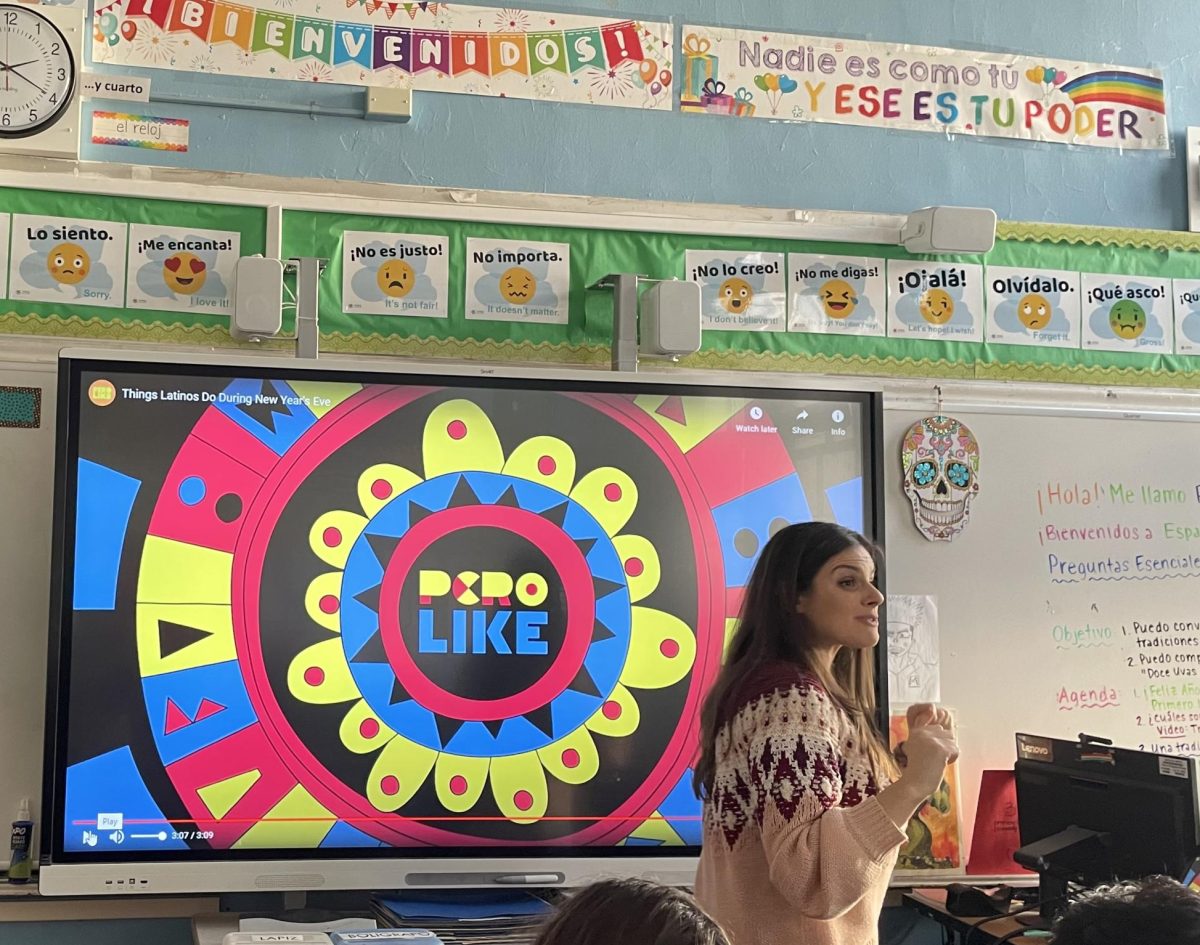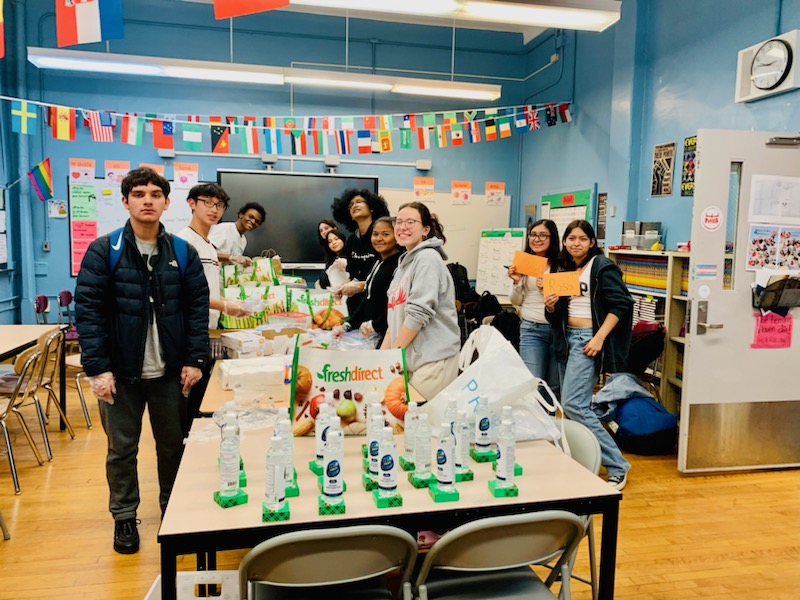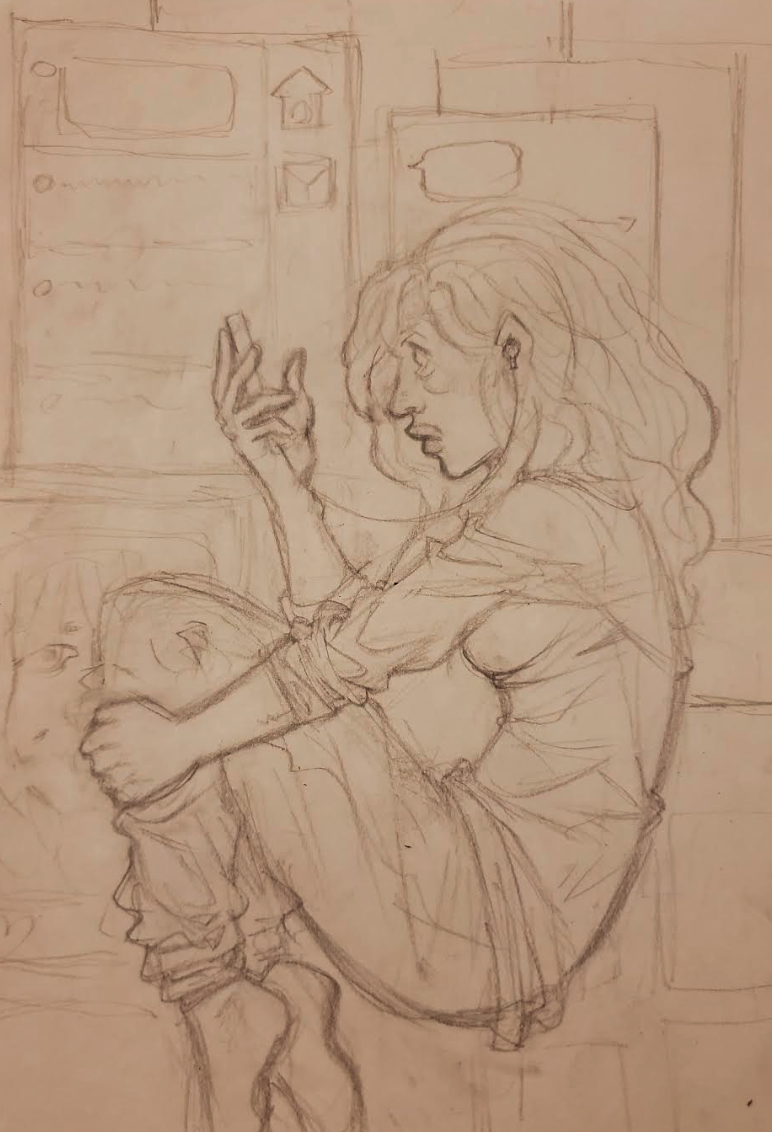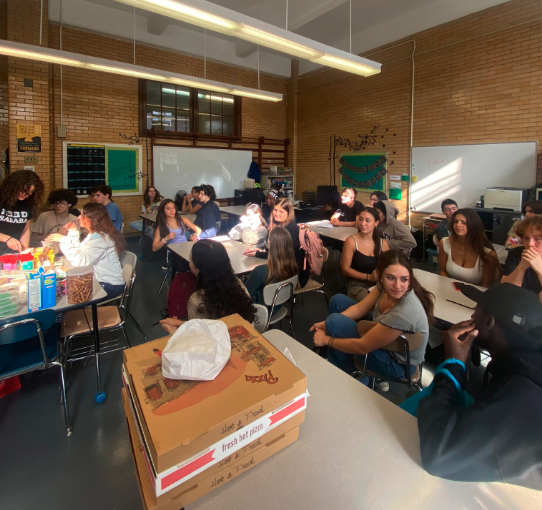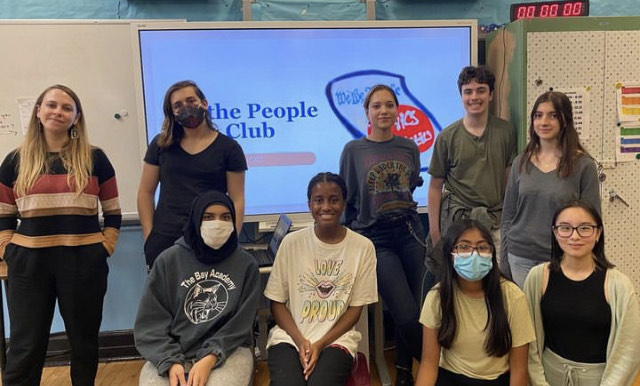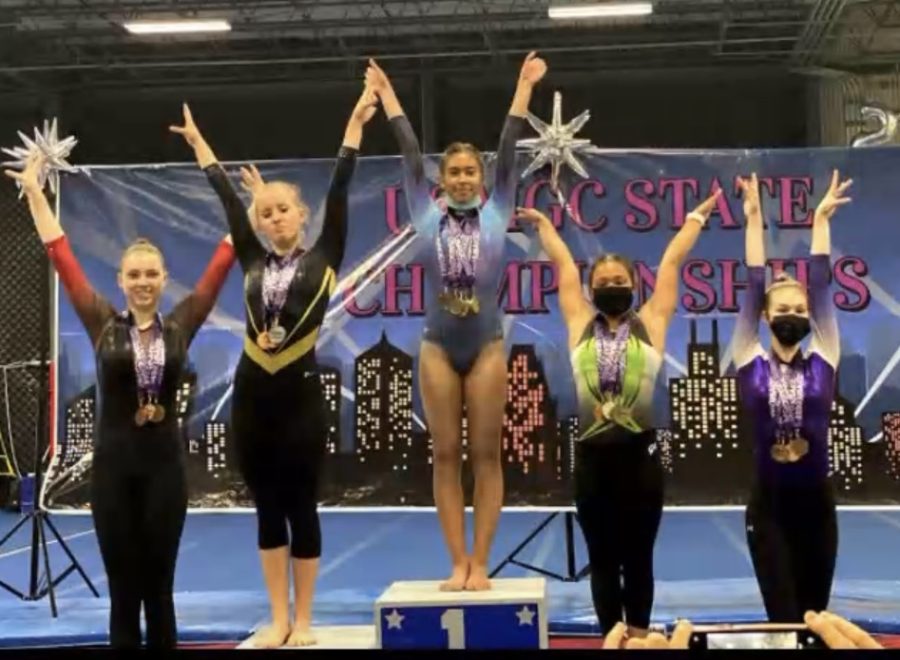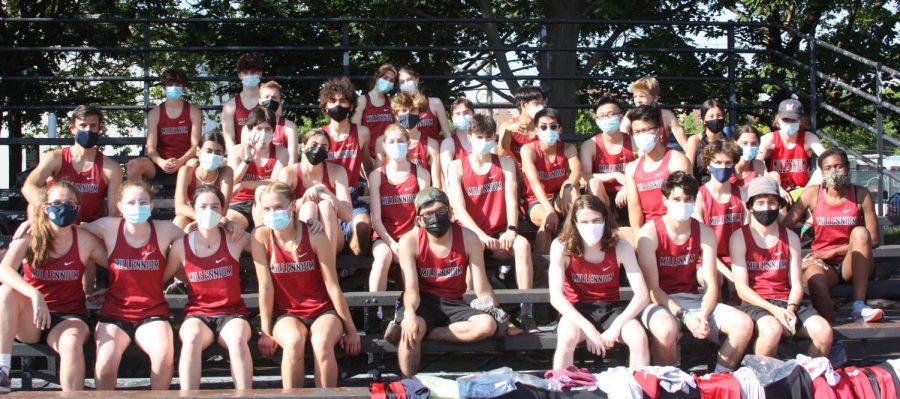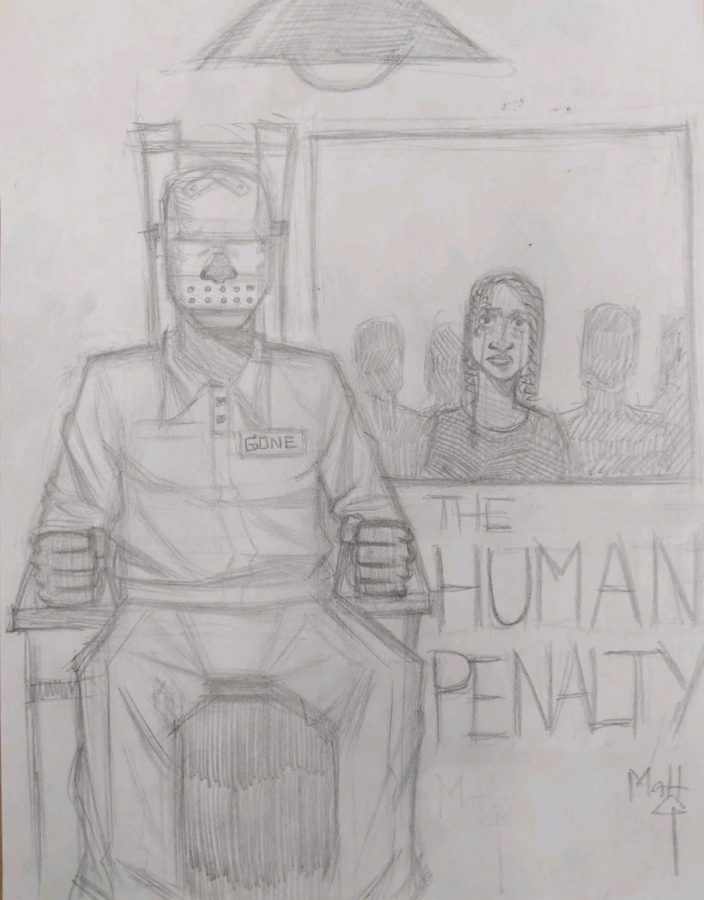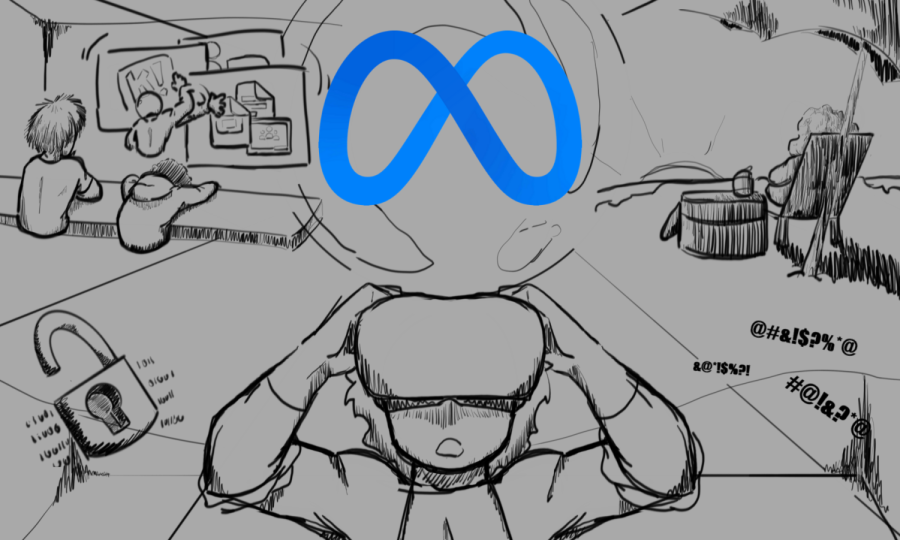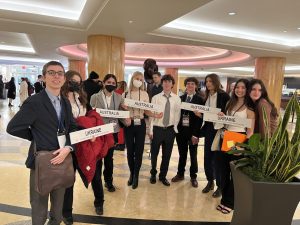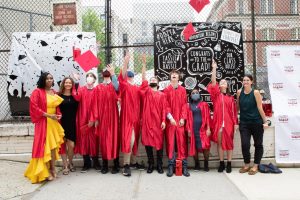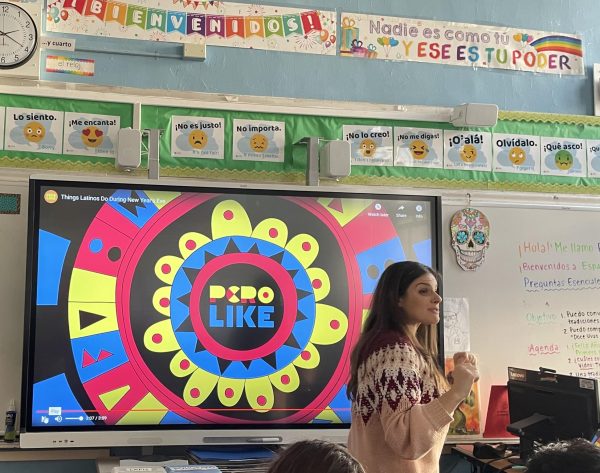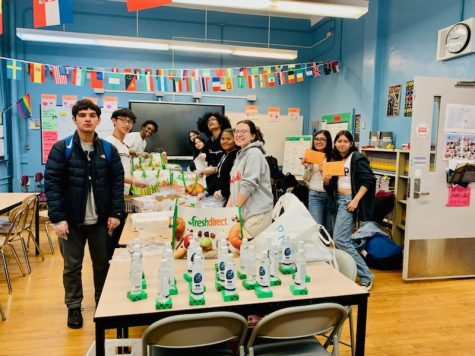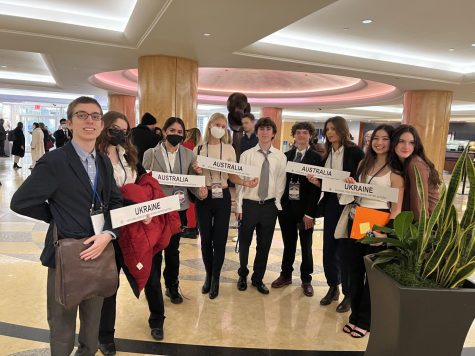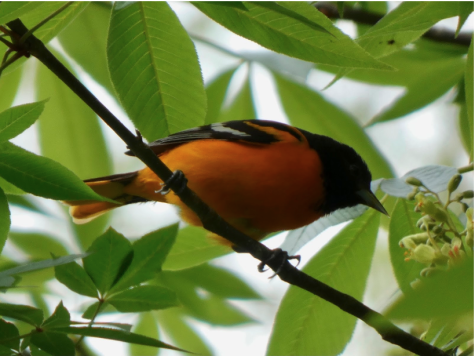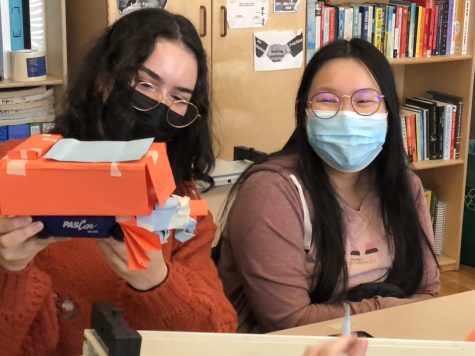The Asian Student Organization: A Small and Quiet Club–Or So People Think

The ASO raised money for typhoon relief in The Philippines.
February 22, 2021
In November of 2020, the Philippines were battered by a series of tropical storms and then whalopped by the category 4 Typhoon Vamco. The flooding that resulted devastated Filiippino agriculture, resulting in billions of dollars in damages. Jasmine Ou, a member of the Asian Student Organization (and the author of this piece), felt it would be in line with the group’s mission to do something about the disaster. She proposed that the ASO hold a fundraiser for people in the Philippines, rather than one of the more economically advantaged countries also hit by the typhoon. As of December of 2020, the group has raised 500 USD for the Philippines UNICEF–or over 24,000 Philippine Pesos.
This is just one of the many awareness-raising actions that Asian Student Organization has initiated in the past year. While the group was initiated as a social and educational club, its emphasis has shifted as members have sought to establish a voice for Asians and Asian Americans at MBHS through social media and raise awareness about the issues affecting these groups both locally and globally.
Emily Kim Goldsmith is the club advisor for the ASO (as well as the newly formed K-Pop Club). Back in Spring of 2017, she was approached by now MBHS alum Tara Mercene and her group of friends about starting a club focused on the interests of Asian students. Ms. Goldsmith agreed with the students’ sentiments that there was a need for such a club at MBHS as “issues brought up relating to Asian students and faculty are often pushed aside.” She sees the goal of the club as fostering a sense of community among Asian and Asian American students in order to strengthen their voice at the MBHS.
When Tara first conceived of an Asian Student Organization, she admits that her intent was to form a group that was “a bit more casual.” Tara and her friends’ parents did not let them stay out late except for academic purposes, so they came up with the ingenious solution of forming a social group that examined Asian culture in the U.S. and around the world. In the group’s first years, their activities were primarily social, such as hosting potlucks with food from different Asian countries and playing Korean dice games. Today, the ASO continues to engage in social activities like watching Chinese animated films and venting about high school drama, but the group has a renewed focus on political issues.
In this pandemic year, in the wake of massive civil rights protests in Hong Kong and the George Floyd killing, the ASO’s activities are taking on a more political flavor. When COVID-19 began to spread throughout the US and cases spiked, many East Asians, regardless if they were Chinese, were targeted with verbal abuse and violence. The members of the club had rich discussions about this issue; they felt as though the normalization of violent actions against Asians was unjust and discriminatory.
Currently, the Asian Student Organization is organizing fundraisers, spreading awareness, and showing support for other affinity and social justice clubs. After the George Floyd killing in May, the Asian Student Organization members decided to take a public stance and send a letter of sympathy to the Black Student Union. In the letter, the Asian Student Organization spoke of the friendship between Malcolm X and Yuri Kochiyama and the actions the ASO could take as a sign of unity and support. The ASO acknowledged the historical accomplishments of the Black community that, in part, allowed members or perhaps their parents to immigrate to the U.S. The ASO also committed to support the Black Lives Matter movement by signing petitions, donating to supportive organizations, emailing local officials and using the ASO’s social media to spread awareness about social justice actions and the need for police reform.
Jabiah Suhrawardhy, a junior, says that she “has noticed that the small Asian community is often overlooked” at MBHS. She also notes that the ASO celebrates all Asian cultures and identities–not just those from East Asia. As a person of Bengali descent, Suhrawardhy might not be the stereotypical perception of what an Asian person looks like. But she has found the club a safe space to have serious conversations about her place within the Asian diaspora with students who have had similar experiences. Joining ASO has also served to fuel her passions for politics and social justice. She is emblematic of why students at MBHS join the ASO–because they want to feel connected and engaged with their Asian and Asian American peers in the MBHS community.
